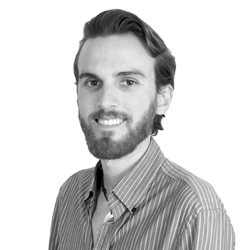Half of UIB students believe in the paranormal: from omens to the effects of the moon
This is confirmed by a doctoral thesis by Hugo Blázquez Matas, with a sample of 6,584 students.


PalmUniversity studies do not always influence students' critical thinking skills. A doctoral thesis recently defended at the UIB analyzed this question with a sample of 6,584 students to determine whether higher education acts as a barrier to paranormal beliefs, such as faith in astrology, amulets, or the effects of the moon on behavior. The results of Hugo Blázquez Matas's doctoral thesis are surprising: almost half of the students accepted at least one paranormal belief, and 18% were classified as "strong believers." The most widely held beliefs were the effects of the moon (22%) and religious beliefs (17%), while astrology and omens had fewer followers.
The study confirms that women tend to be more superstitious than men, and that skepticism is more common among those studying scientific degrees.
Irrationality penetrates university
The research "debunks the myth that university is a universal antidote to irrationality," the UIB explains in a statement. The decrease in paranormal beliefs is observed mainly in scientific disciplines, with a small effect. In degrees such as Law, Early Childhood Education, and Tourism, among others, a slight, though not significant, upward trend is even detected. Academic performance is not related to the level of belief.
According to the UIB, this phenomenon connects with current media coverage, "in which the proliferation of pseudotherapies and fake news about science continue to generate social alarm and debates about the responsibility of educational institutions." The research suggests that skepticism is not automatically acquired with more years of university, but that the most critical students tend to choose scientific careers from the start.
"The study concludes that university education, as it is currently designed, is not sufficient to eradicate paranormal beliefs." The challenge, according to the author, "requires strengthening the teaching of critical thinking and revising the educational offerings to combat pseudoscience and promote a more informed and rational citizenry."
